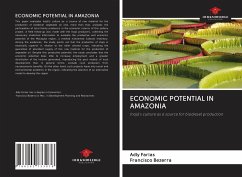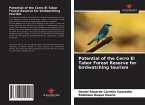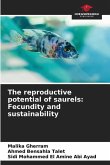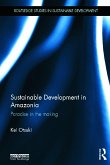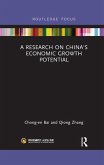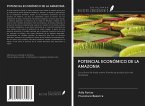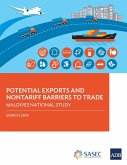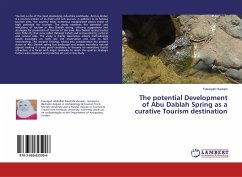This paper evaluates Inajá's culture as a source of raw material for the production of biodiesel vegetable oil and, more than that, analyzes the participation of local family producers in the economic returns of this pottery project. A field follow-up was made with the Inajá producers, collecting the necessary statistical information to evaluate the productive and economic potential of the Mocajuba region, a method nicknamed Caboclo Inventory. Among the evidences, the study points out that the production of Inajá is elastically superior in relation to the other oilseed crops, indicating the guarantee of abundant supply of this raw material for the production of vegetable oil. Despite this productive potential, the study concludes that the economic potential does little to increase employment and a greater distribution of the income generated, reproducing the past models of local development that, in general terms, exclude rural producers from socioeconomic benefits. On the other hand, such projects leave only social and environmental problems in the region, indicating the absence of an alternative model to develop the region.
Hinweis: Dieser Artikel kann nur an eine deutsche Lieferadresse ausgeliefert werden.
Hinweis: Dieser Artikel kann nur an eine deutsche Lieferadresse ausgeliefert werden.

